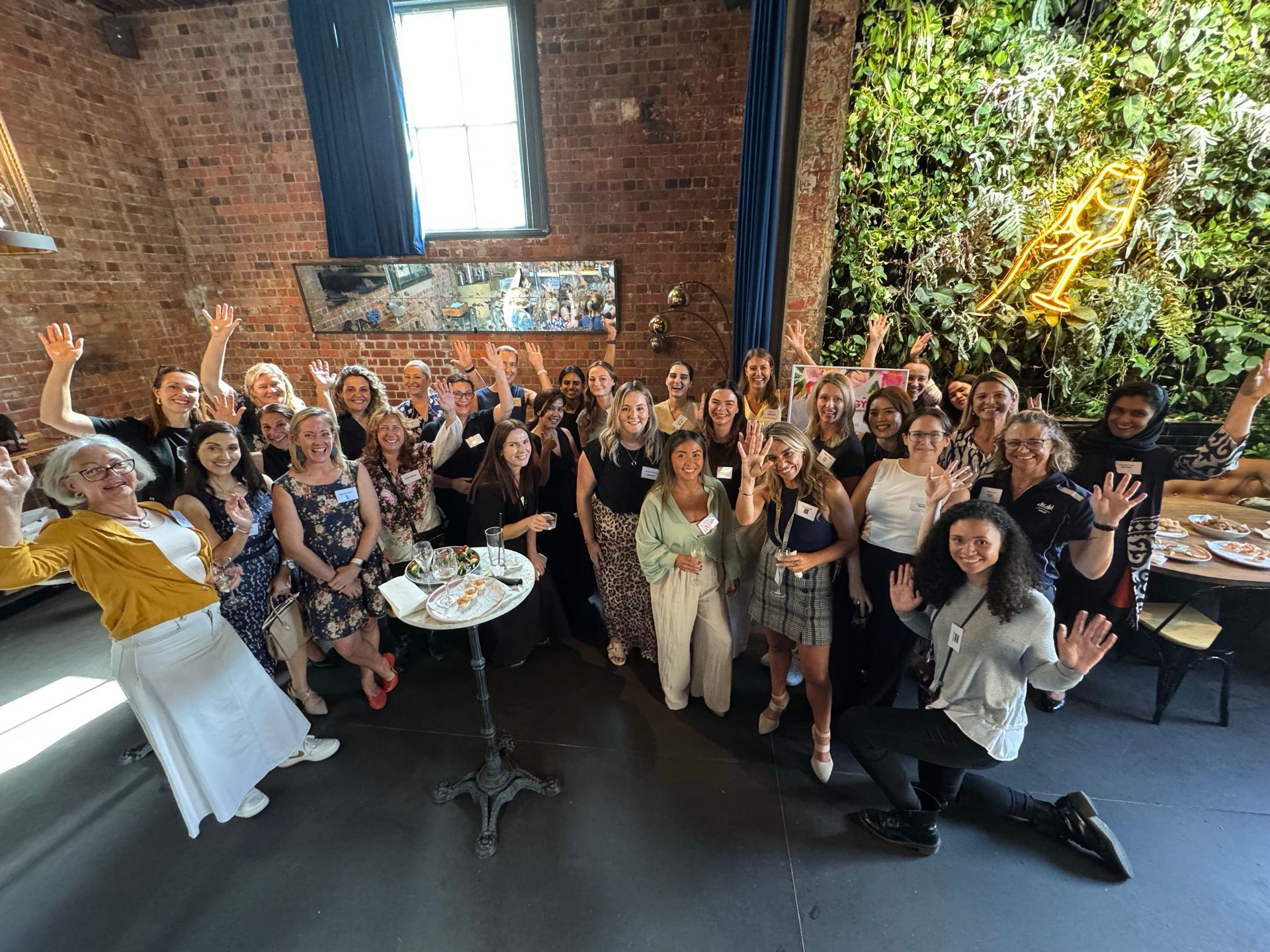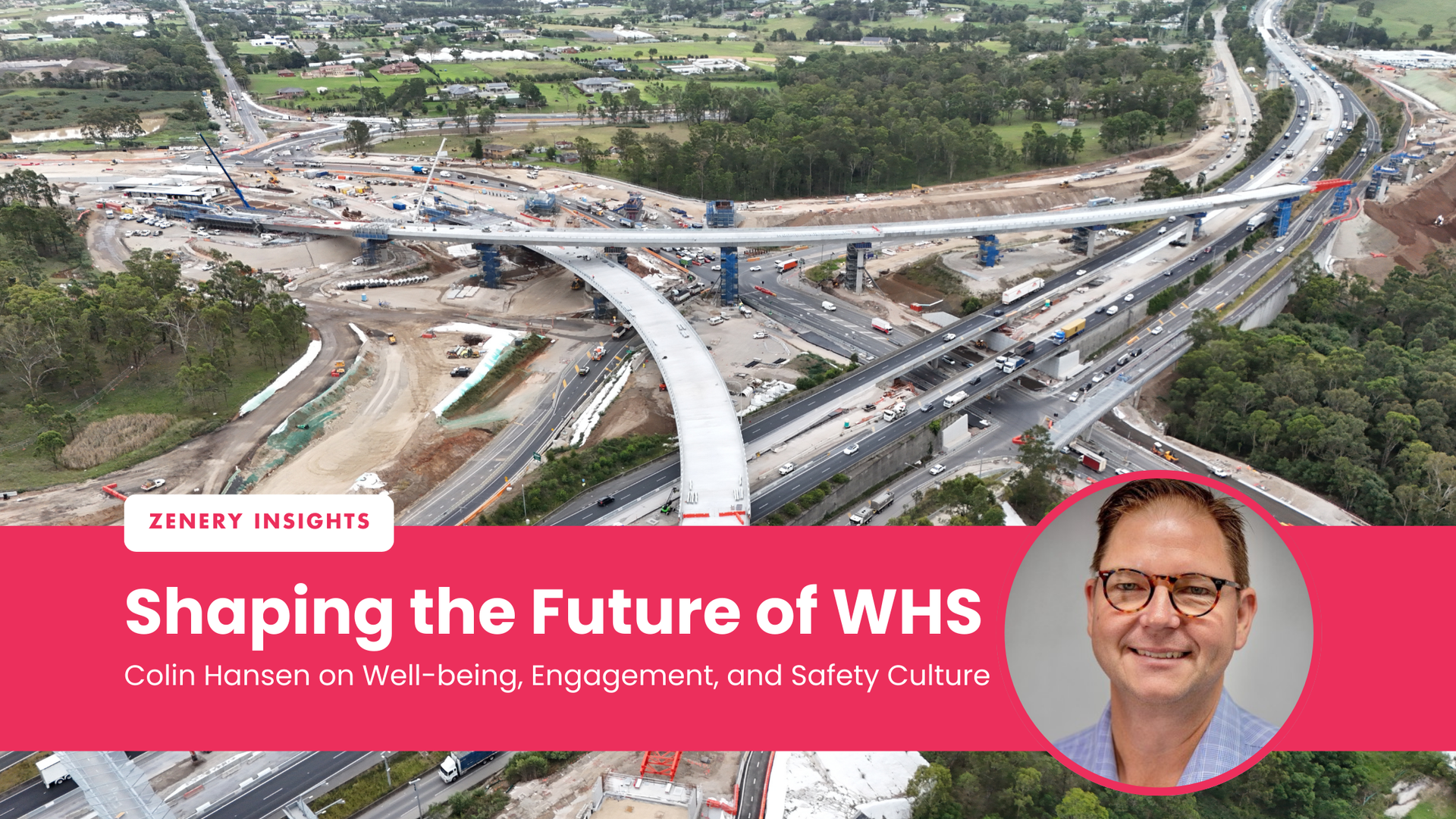Record $2.31m recklessness fine follows four deaths, sends safety warning to company officers

Record $2.31m recklessness fine follows four deaths, sends safety warning to company officers
This article has been reproduced with permission from OHS Alert, and the original version appears at www.ohsalert.com.au.
Company executives must ensure systems are in place to deal with non-compliance with safety requirements and those systems are properly monitored, a regulator has stressed after an employer was handed a record recklessness fine relating to the deaths of four police officers.
The NSW Downing Centre Local Court found an appropriate penalty for Connect Logistics Pty Ltd's breaches of the Heavy Vehicle National Law was $2.8 million, before reducing this to $2.31 million to reflect the company's guilty plea.
This was the highest fine ever imposed under the HVNL, National Heavy Vehicle Regulator prosecutions director Belinda Hughes said.
Connect Logistics was also barred from operating for 12 months, while its managing director Corey Matthews was convicted and fined $22,500 and placed on a supervisory intervention order, Hughes said.
"This case demonstrates the national reach of the HVNL, with the company and managing director based in NSW, but the incident occurring in Victoria," she stressed.
In April 2020, a truck engaged by Connect Logistics was travelling along Melbourne's Eastern Freeway when the driver, Mohinder Singh, fell asleep at the wheel and the vehicle crashed into two police cars involved in a traffic stop, killing the four police officers.
Singh, who was driving under the influence of drugs, was eventually jailed for at least 14 years and six months, while Connect Logistics and Matthews were charged with breaching NSW's version of the HVNL, and Singh's Connect Logistics supervisor Simiona Tuteru was charged with four counts of manslaughter under Victorian law.
The Victorian Director of Public Prosecutions subsequently withdrew the manslaughter charges against Tuteru, and sought to prosecute him for allegedly recklessly breaching his HVNL duty as a party in the chain of responsibility for a heavy vehicle by allowing Singh and others "to drive in excess of their permitted work or rest hours".
As reported by OHS Alert, the Victorian Court of Appeal recently cleared the way for the DPP to pursue that matter.
In the NSW case at hand, Local Court Magistrate John Arms heard Connect Logistics was charged with a category-1 recklessness offence under the HVNL for failing to implement systems to properly manage its truck drivers' fatigue and fitness for duty. He heard Matthews was charged with failing to exercise due diligence to ensure his company complied with its safety duties, and stressed that a company director cannot put "his hands over his ears and his eyes" to avoid safety responsibilities.
Prior to the quadruple fatality, Matthews became aware of problems with his drivers' time sheets and took some steps to address the issue, but then "accepted the word of someone that was [part of] the problem" that the issue had been resolved, and "didn't do anything further", the Magistrate said.
An NHVR investigation found that in the seven months leading up to the deaths, more than 40 per cent of Connect Logistics' driving shifts featured one or more fatigue-related breaches, and the supervisor checked and endorsed more than 500 of the 800-plus offending shifts. It found falsified timesheets were approved by senior management and no non-conformance reports were issued to any drivers.
In a report on the case, the NHVR said key takeaways for executives include that they must have a system in place to deal with non-compliance with HVNL provisions, monitor adherence to the system, and proactively ensure compliance-related activities are occurring, instead of relying on the word of others.
"There is no point having procedures and policies where the drivers are not aware of them or trained in them," the NHVR said.
"Responses to any breaches of the HVNL must be real and timely. As an executive, remain proactive in your organisation's business activities and request regular briefings from your staff to ensure you remain up to date with developments and risks," it said.
"As an executive you cannot push your responsibility onto others."
In a statement, NHVR CEO Sal Petroccitto said "chain-of-responsibility requirements form part of the HVNL primary safety duty and executives are required to exercise due diligence to ensure a company complies with this duty".
"This tragedy is a sobering reminder of the consequences that can occur when there is a failure to ensure safe transport activities," he said.
"Fatigue is one of the leading factors that affects safety and heavy vehicle crashes, and this catastrophic incident exemplifies what can happen when fatigue management requirements are blatantly ignored."
Contact Us
Zenergy News







